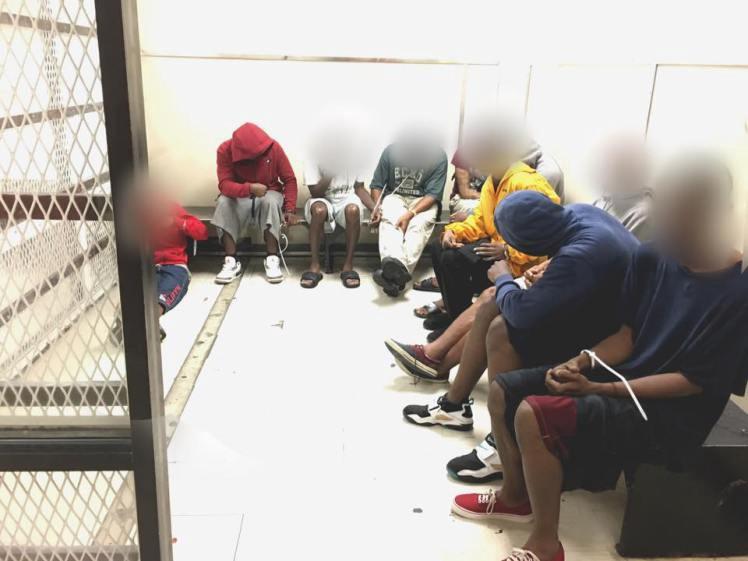Florida’s gross criminalization of disaster relief
When we talk about the United States being the “incarceration nation,” the facts back it up. A higher percentage of our citizens are in jail or prison than any other nation in the world. How we got there is complicated, but at the root of it all is the over-criminalization of people for things that shouldn’t be criminal.

When we talk about the United States being the “incarceration nation,” the facts back it up. A higher percentage of our citizens are in jail or prison than any other nation in the world. How we got there is complicated, but at the root of it all is the over-criminalization of people for things that shouldn’t be criminal. So we end up with kids in high school getting arrested and beaten by police for not putting their phones away in class, or young girls mauled and handcuffed by police because neighbors weren’t sure they had proper permission to visit a neighborhood swimming pool. The end result is not only millions of people in jail and prison, but tens of millions of people forced to operate in society with either the trauma of police brutality or the stigma of an arrest record.
What has happened this past month, though, should shock the conscience of us all. As Hurricane Irma, one of the strongest storms ever recorded, neared the coast of Florida, the Polk County Sheriff decided to use the moment to criminalize disaster relief — which is a new frontier of sorts in a country that criminalizes so much. Let me break it down.
Polk County Florida is the home of the cities of Lakeland and Winter Haven. It’s a landlocked county in central Florida that is frequently seen by many to be a place of refuge during storms and hurricanes. With over 600,000 residents, it’s one of the largest counties in America — so it has the capacity to take in thousands of visitors at any one time during a natural disaster.
As residents of coastal Florida began boarding up their homes and leaving them behind to seek shelter inland, Polk County’s Sheriff, Grady Judd, tweeted this:
Then just 45 minutes later, he doubled down and tweeted this:
To make clear that he wasn’t playing, Judd trotted out his spokesperson to state that ID’s would be indeed be checked at hurricane shelters and that background checks would be performed to search for any active warrants. Any person with any warrant of any kind would be arrested on the spot. When pushed on the fact that the overwhelming majority of warrants are for non-violent misdemeanors, Judd’s office didn’t relent — and said it was “their duty” to arrest all people with outstanding warrants regardless of how petty or small they may be.
This meant people who had warrants for outstanding traffic tickets who sought shelter in Polk County could face being separated from their family members and arrested on the spot during what was already a terrifying natural disaster. It also clearly meant that people who didn’t have ID’s or were undocumented immigrants would not be welcome at Polk County shelters.
At a time when people are fleeing for their safety, perhaps leaving their homes and belongings behind to be destroyed by the storm, Sheriff Grady Judd saw it as an opportunity to gleefully advance his cause of mass incarceration and strike fear into the hearts of thousands of people.
This is why millions of Americans operate in the shadows. It’s why millions of good people just flat out don’t call the police or 911 for help — even if they need it or see a crime being committed. If law enforcement sees a natural disaster as an opportunity for arrest and incarceration, our system is worse off than we all imagined.
